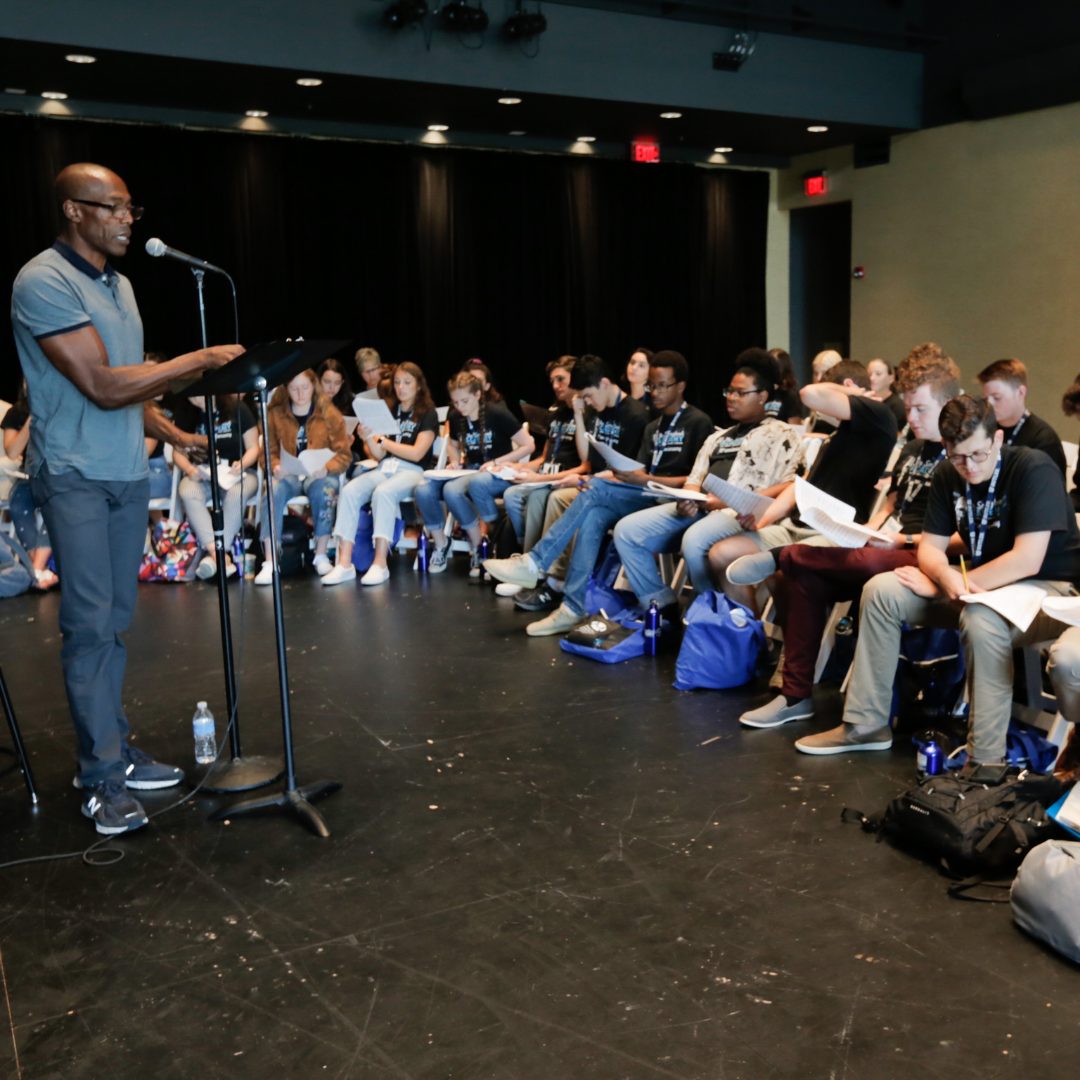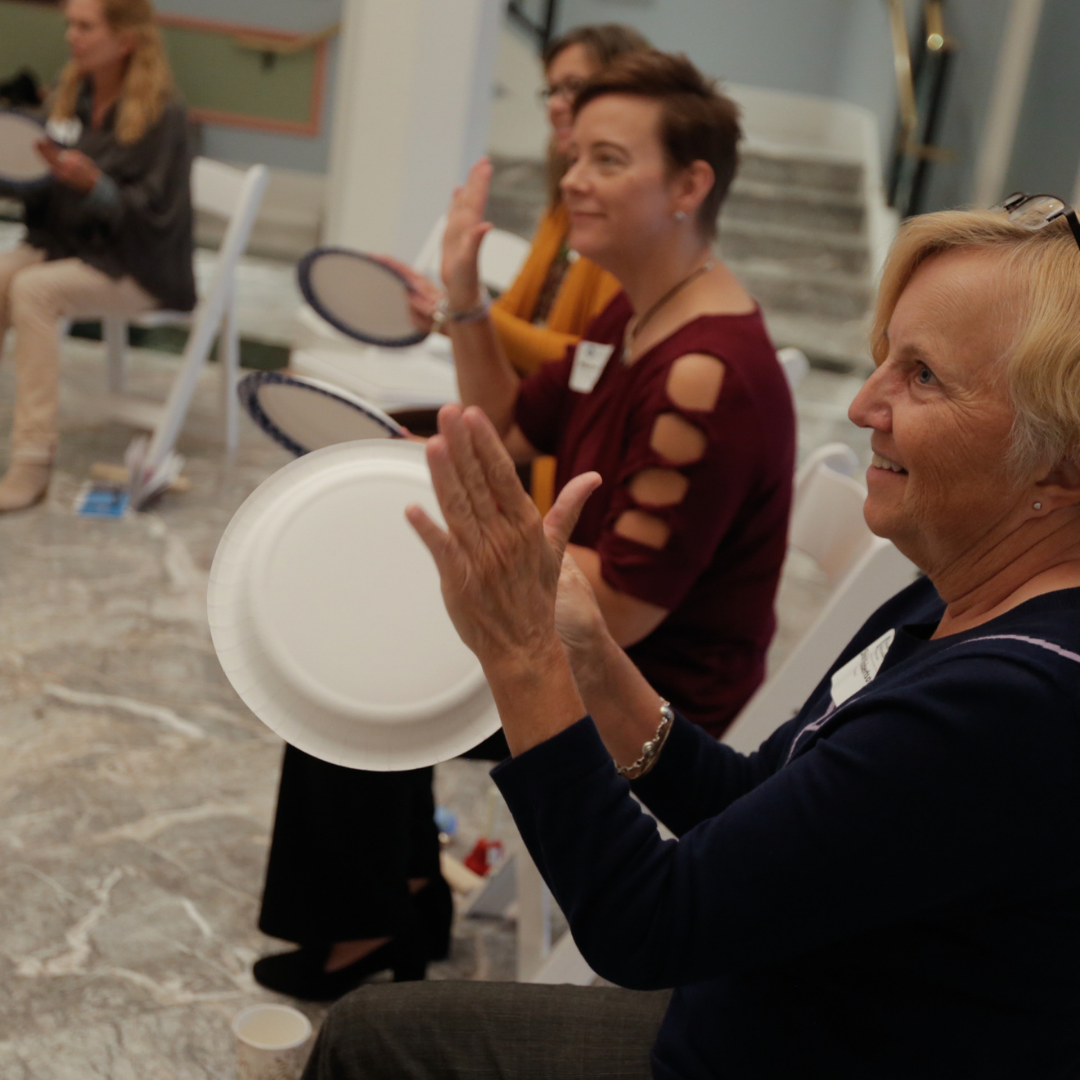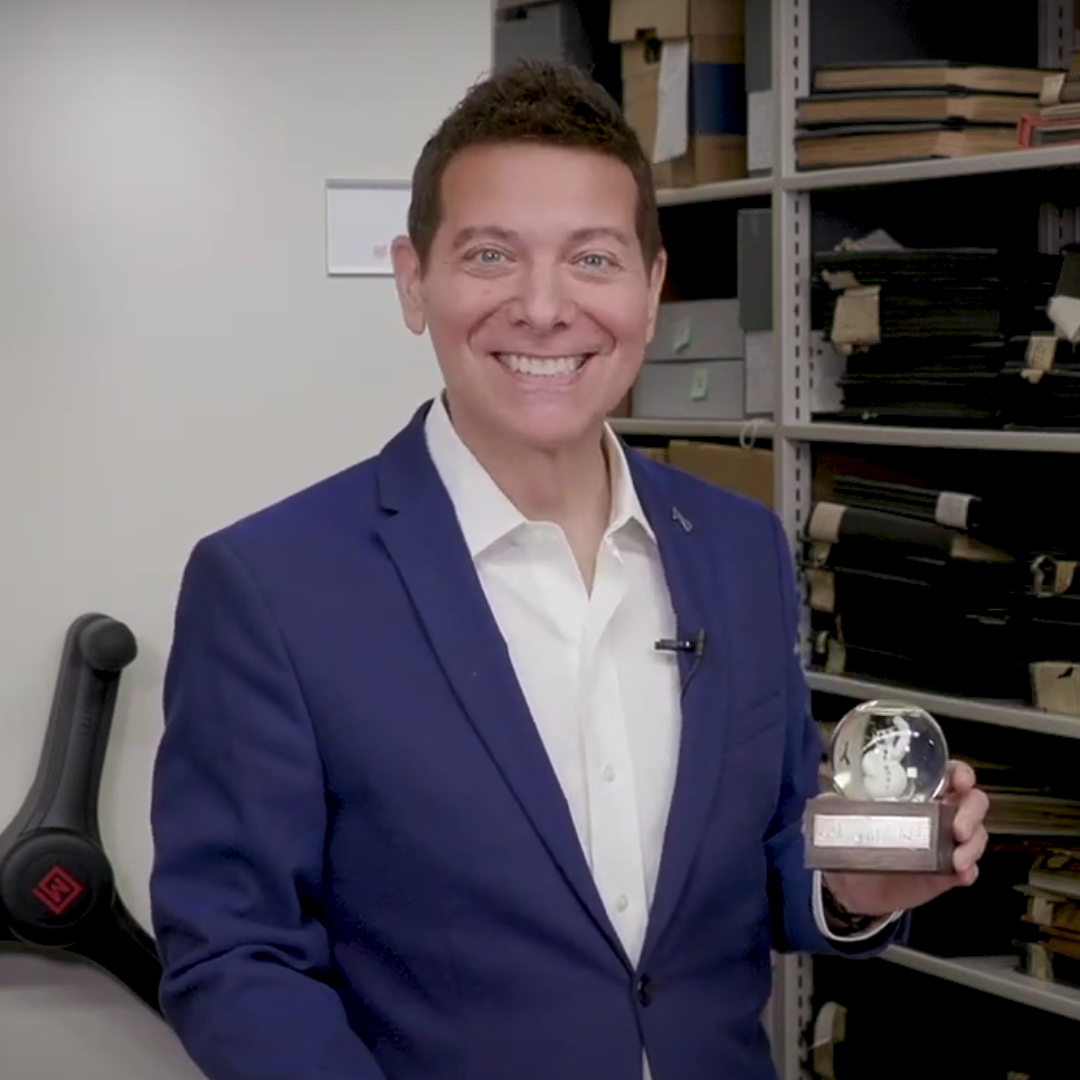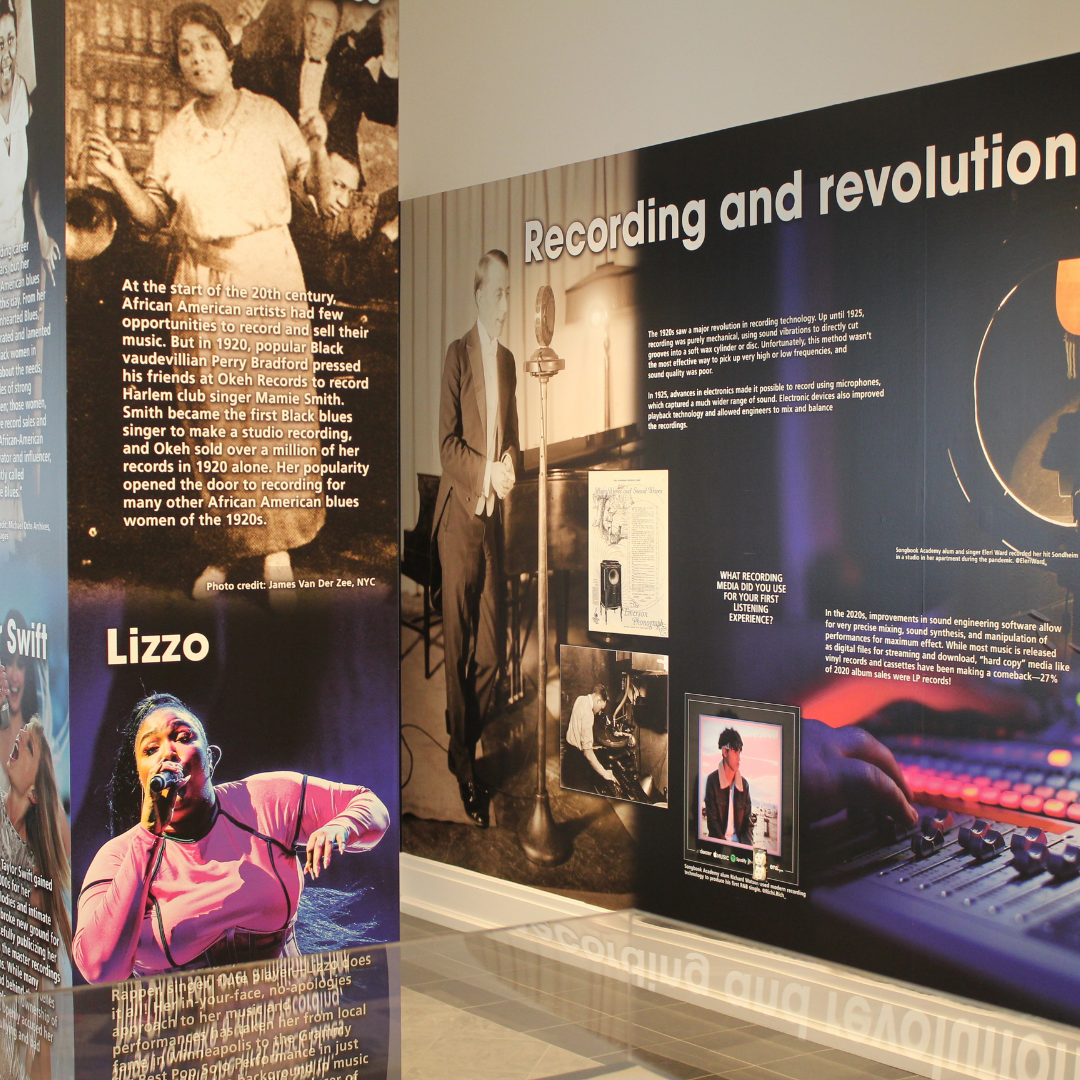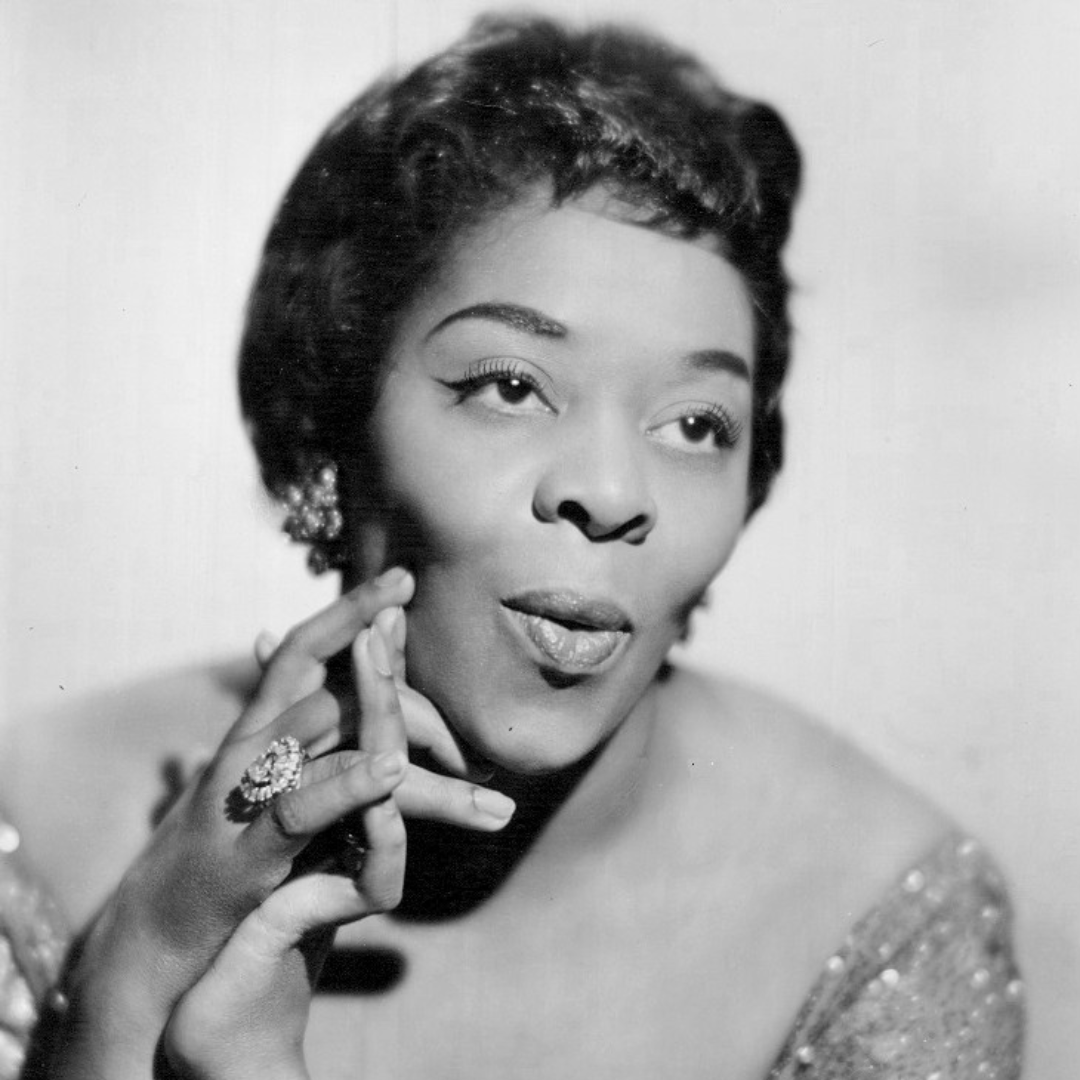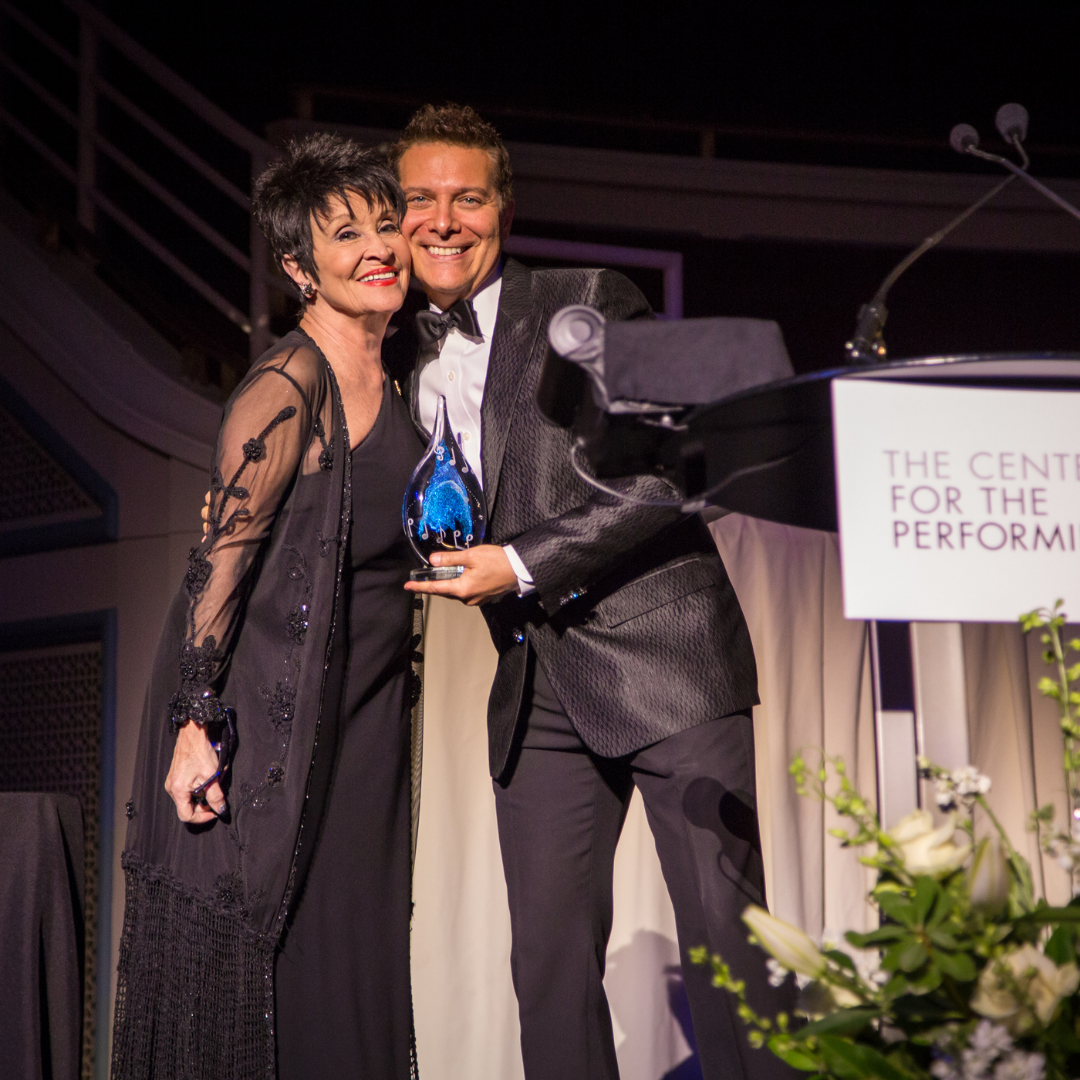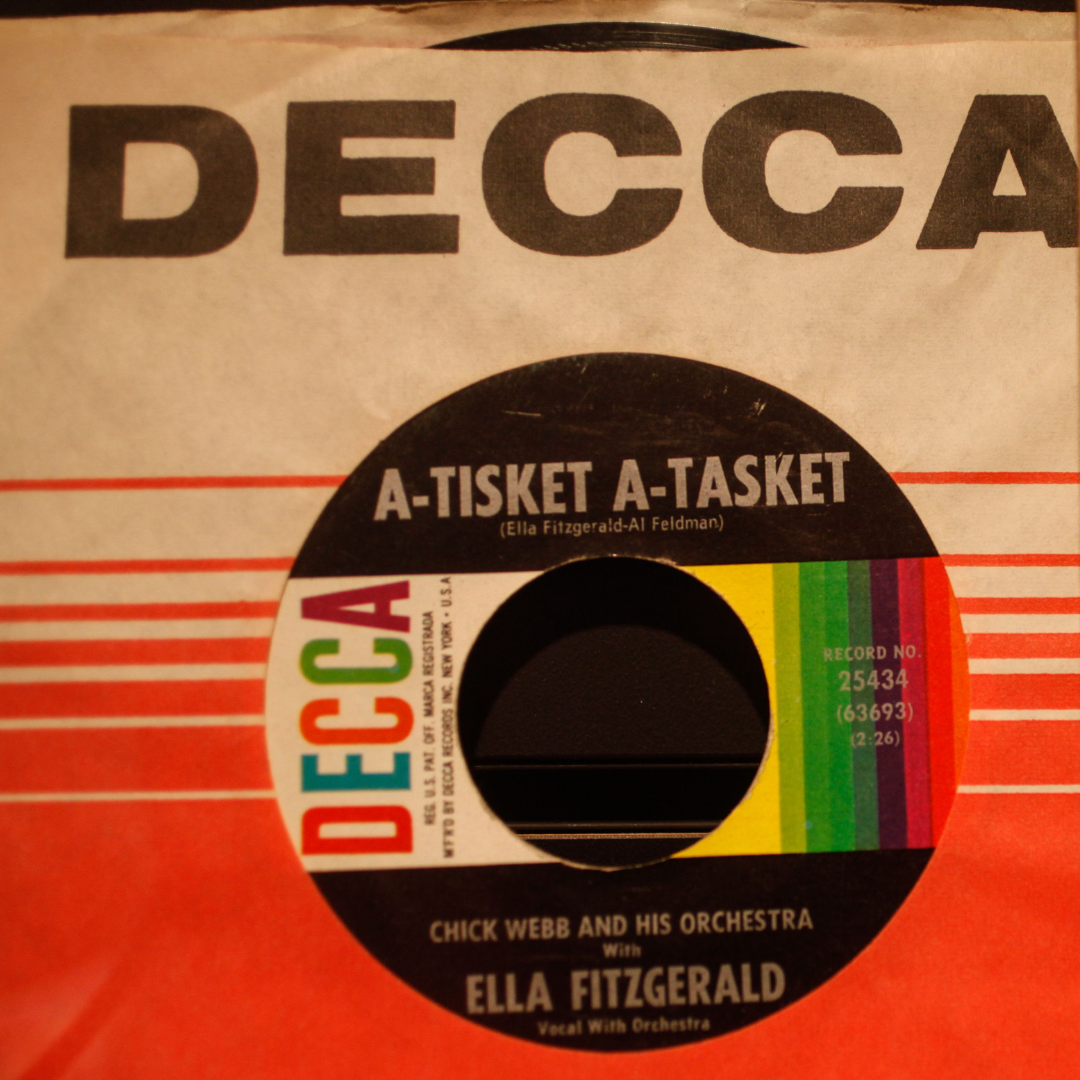Teaching Notes - Of Thee I Sing
November 20, 2019
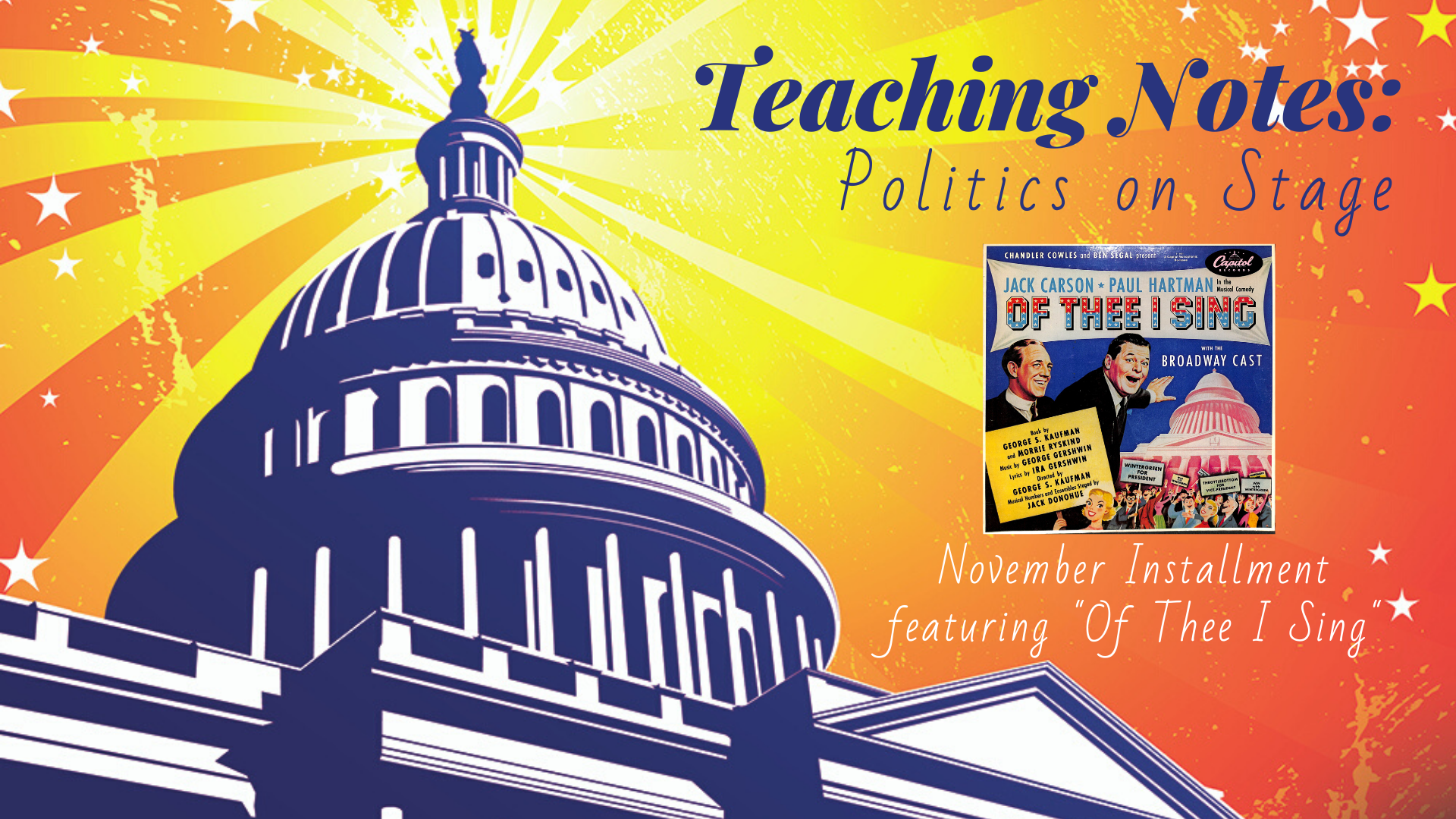
Welcome to Teaching Notes - a blog series written by a teacher to help other teachers #TeachtheSongbook.
A Note from the Author: I can’t imagine life without music. When tunes float by, memories flood in. My foot starts tapping, fingers start snapping, and I get caught up in the emotion of the song. For 28 years, music was always a key component in my classroom. It never failed to grab the attention of my students and made past cultures come alive with connections to daily life.
I’m excited to open up a discussion about the new Songbook exhibit, Of Thee I sing Politics on Stage. It’s a storytelling device where cultural values are seen in the context of music. Including musical theater in your classroom has never been easier. Join me in this forum where you can share your lesson plans and get ideas from others. It’s your point of access for creative ways to engage your students through music. Tell me what works and what’s missing. Let’s start a conversation and get those toes tapping.

Sue Ackley
Contact me at: info@thesongbook.org
This Month's Teaching Notes:
Let's start off with Of Thee I Sing, a biting satire on American politics. It’s full of lively music by George and Ira Gershwin, White House antics, and falderal.
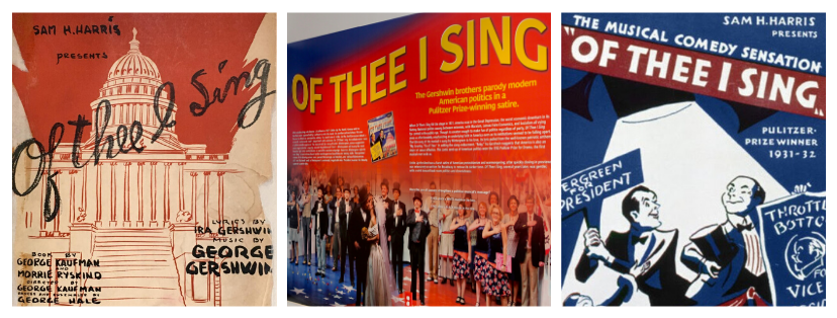
What's it all about?
Of Thee I Sing is a musical with a score by George Gershwin, lyrics by Ira Gershwin and a book by George S. Kaufman and Morrie Ryskind. The musical lampoons American politics; the story concerns John P. Wintergreen, who runs for President of the United States on the "love" platform. When he falls in love with the sensible Mary Turner instead of Diana Devereaux, the beautiful pageant winner selected for him, he gets into political hot water.
The original Broadway production, directed by Kaufman, opened in 1931 and ran for 441 performances, gaining critical and box office success. It has been revived twice on Broadway and in concert stagings in the U.S. and in London. In 1932, Of Thee I Sing was the first musical to win the Pulitzer Prize for Drama. Read full summary here.
What was going on in U.S. politics in 1931?
Herbert Hoover was President and the Great Depression was in its second year.
What topics are covered in the musical?
- parody
- political corruption
- political idealism
- political incompetency
- satire
Start a discussion:
What can we learn about our culture through musicals?
What's been said about the musical?
Everyone has an opinion. Here are a few of the responses I found that represent a wide range of perspectives considering the original production, contemporary revivals and everything in between.
- In 1987, Arthur Schlesinger of The New York Times considered the historical impact of the musical after attending a revival at the Brooklyn Academy of Music. He wrote, "Of Thee I Sing responded marvelously to the mood of the day. It was 'funnier than the Government,' Brooks Atkinson wrote in The Times, 'and not nearly so dangerous.' In December 1931, the Depression was hardly two years old, and not all the country had taken in how grave the economic collapse was. Of Thee I Sing cheered people up and laughed troubles away. It verified impressions of the ineffectuality of politicians in a day when politicians were spectacularly ineffectual. It was liberating, both for audiences who were no longer required to regard Presidents with automatic respect and for musical comedy writers who could go on to be more specific and stinging in their future satire." Read the full article here.
- In a series of spotlight articles highlighting Pulitzer Prize-winning musicals, Kathryn Harris of Music Theatre International wrote, "The 1931 Pulitzer Prize for Drama was even more historic than usual. That year, the award went to a musical for the first time. OF THEE I SING, the charming political satire by George and Ira Gershwin, George S. Kaufman, and Morrie Ryskind, was called 'not only coherent and well-knit enough to class as a play, but it is a biting and true satire on American politics and the public attitude towards them....The play is genuine and it is felt the Pulitzer Prize could not serve a better purpose than to recognize such work.'" Read the full article here.
- In a review of the musical posted on IMDb in 2004, F. Gwynplaine MacIntyre shared a personal take on the musical's link to politics, "Bizarrely, much of the plot in 'Of Thee I Sing' anticipates the shenanigans of the Clinton administration. The President of the United States has a sexual tryst with a Southern woman, who then sues him. Meanwhile, the White House bedrooms are full of people who have made financial contributions to the party in power. There is debate as to whether the First Lady should be politically active, or whether she should stay home and bake muffins..." Read the full review here.
Where can I find out more?
Up next month:
Hamilton: An American Musical
Happy Teaching! Please share your success in the classroom with us by posting about your lesson plan using the hashtag #TeachtheSongbook and tagging us @songbookfoundation.



